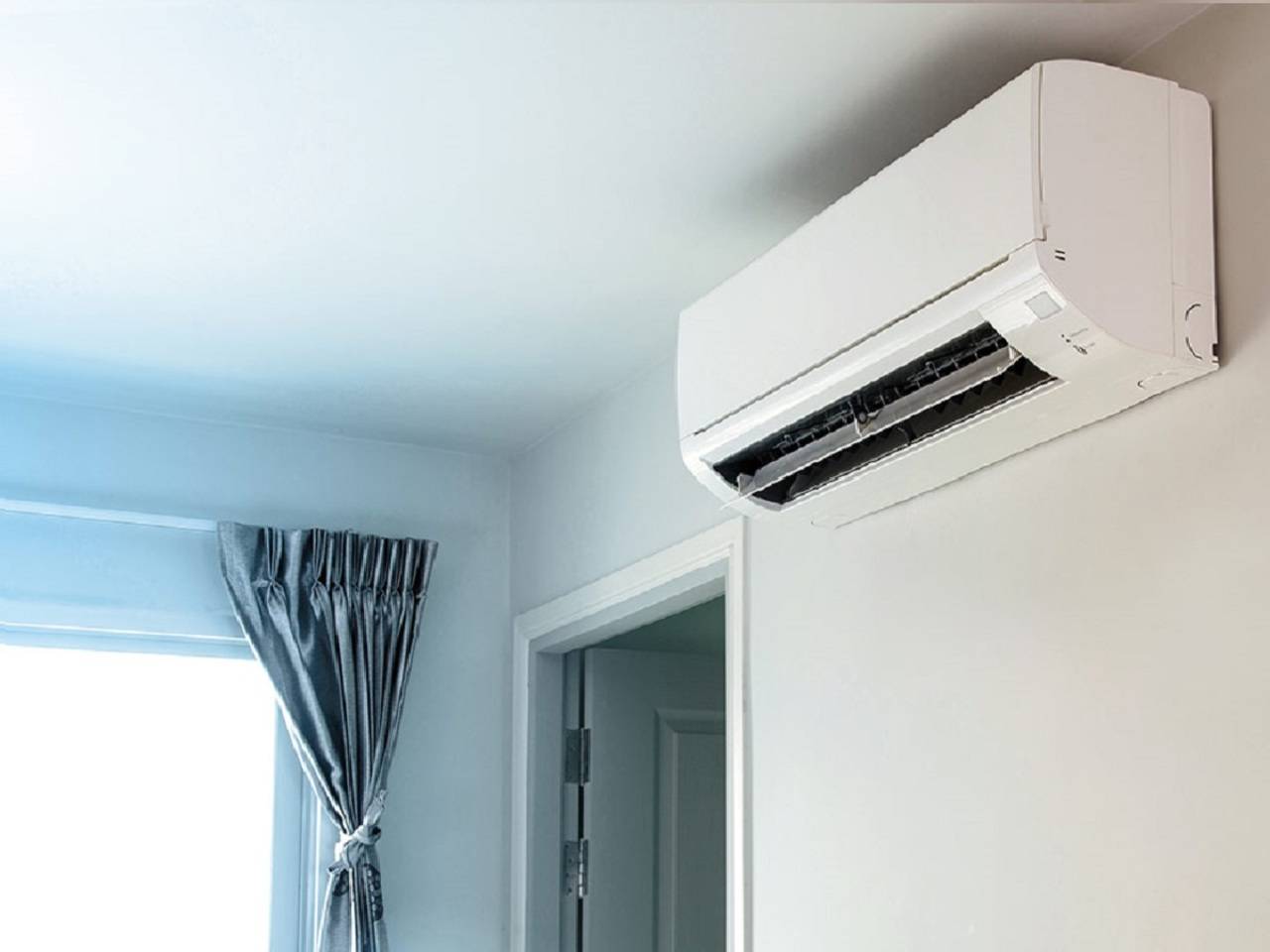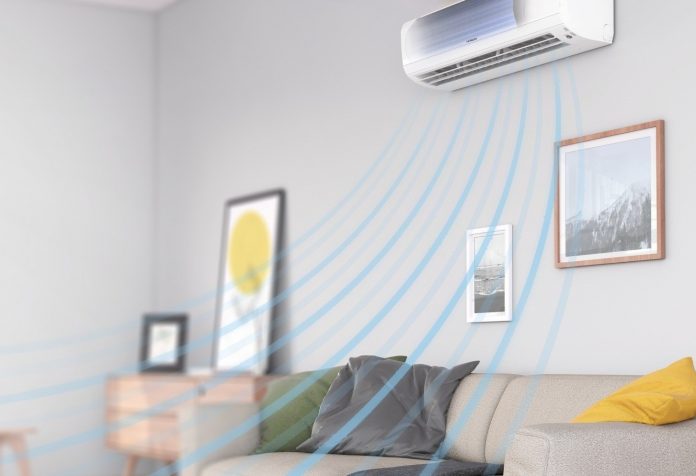Air conditioning is a crucial part of modern life, especially during the hot summer months. A well-maintained AC unit can provide years of trouble-free service, while a neglected unit can lead to high energy bills and expensive repairs. While some maintenance tasks are best left to the professionals, there are several things you can do yourself to keep your AC unit running smoothly. In this article, we will explore some DIY air conditioning maintenance tips and tricks.
Contents
Clean or Replace Air Filters
One of the most important maintenance tasks you can perform on your AC unit is to clean or replace the air filters regularly. The air filters are responsible for capturing dirt, dust, and other airborne particles that can clog the system, reduce airflow, and decrease the efficiency of the unit. A clogged filter can also lead to frozen evaporator coils, which can cause the system to stop working altogether.
The frequency with which you should clean or replace your air filters depends on several factors, such as the number of people in your home, the presence of pets, and the level of air pollution in your area. As a general rule, you should replace disposable filters every one to three months and clean reusable filters every one to two weeks.

Clean the Condenser Coils
The condenser coils are located on the outside unit of your AC system and are responsible for releasing the heat absorbed by the refrigerant in the evaporator coils. Over time, the condenser coils can become dirty and covered in debris, which can reduce their ability to transfer heat and cause the system to work harder and less efficiently.
To clean the condenser coils, turn off the power to the unit and remove any debris or vegetation from around the outside of the unit. Use a garden hose with a nozzle attachment to spray the coils from the inside out, being careful not to bend or damage the fins. You can also use a fin comb to straighten any bent fins and improve airflow.
Check the Refrigerant Levels
The refrigerant is the substance that absorbs and releases heat in your AC system. If your system is low on refrigerant, it can lead to decreased cooling capacity, higher energy bills, and potentially costly repairs. Checking the refrigerant levels requires specialized equipment, so it’s best to leave this task to the professionals.
However, if you notice that your system is not cooling as well as it should be or if you hear hissing or bubbling sounds coming from the unit, it could be a sign of low refrigerant levels. In this case, you should call a licensed HVAC technician to diagnose and repair the problem.
Inspect the Ductwork
The ductwork is responsible for distributing cooled air throughout your home. Over time, the ductwork can become dirty or damaged, which can reduce the efficiency of your system and lead to poor indoor air quality.
To inspect the ductwork, remove the covers from the registers and use a flashlight to look inside. Look for signs of dirt, dust, or debris, as well as any signs of damage or leaks. If you notice any problems, contact an HVAC professional to perform the necessary repairs or cleaning.
Check the Thermostat
The thermostat is responsible for regulating the temperature of your home and controlling your AC system. If your thermostat is not working properly, it can lead to poor cooling performance or unnecessary energy consumption.
To check your thermostat, first, make sure that it is set to the correct temperature and mode (cooling, heating, or fan). Then, use a thermometer to compare the temperature reading on the thermostat to the actual temperature in the room. If there is a significant difference between the two, you may need to recalibrate the thermostat or replace it altogether.




[…] dirty filters during regular maintenance for your residential air conditioning is a good way to ensure that your system stays in good working order. This will help prevent the […]
[…] conditioning for your needs, it’s essential to consider factors such as efficiency, size, and air conditioning maintenance to ensure optimal performance and longevity of your […]